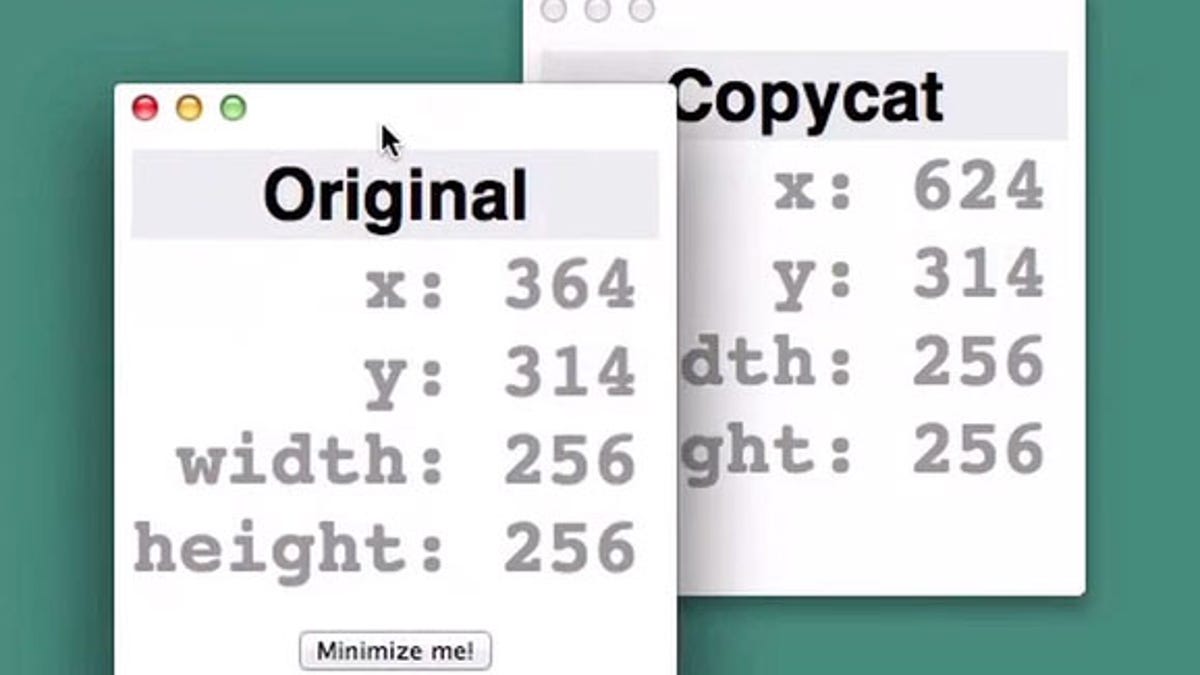New Chrome feature frees Web apps from the browser
Google has enabled a technology called "packaged apps" that could mean more powerful Web apps -- and a more powerful Chrome OS and Chrome Web store.

Google has taken a new step to significantly expand what Web apps can do -- and thus also lend new muscle to its Chrome browser, Chrome OS browser-based operating system, and Chrome Web Store for finding and buying Web apps.
This week, Google released a new developer version of Chrome 22 that by default enables a technology called Chrome packaged apps.
This foundation is designed to expand what Web apps can do by giving them the standalone look of a native personal-computer app and some native-app privileges that Web apps ordinarily wouldn't have. They load from a computer's storage system, not the network, and work offline by default, but they're built with the same programming techniques as ordinary Web apps: HTML for content, CSS for formatting and effects, and JavaScript for the brains of the operation.
"Packaged apps will no longer be tied to the browser," said Chrome team member Erik Kay in a video about Chrome packaged apps. "Rather than running as a tab inside of Chrome, packaged apps can be launched from outside of Chrome, have their own top-level windows, and generally behave like first-class apps on the operating system... The user shouldn't be aware your app was built with Web technologies."
The move is perhaps most notable for Chrome OS, which recently got the ability to show multiple resizeable browser windows. Chrome packaged apps would free apps from the browser frame altogether on Chrome OS, making it look more like an ordinary operating system that people are accustomed to.
Unclear is whether Chrome packaged apps will fragment Web programming, a concern that other browser makers have expressed when it comes to Google's introduction of Web programming technologies such as Native Client, designed to bring C or C++ programs to the Web world, and the Dart language, which attempts to improve upon JavaScript. And the Chrome Web store is tightly coupled to Chrome itself even when some apps there would work just fine on other browsers.

